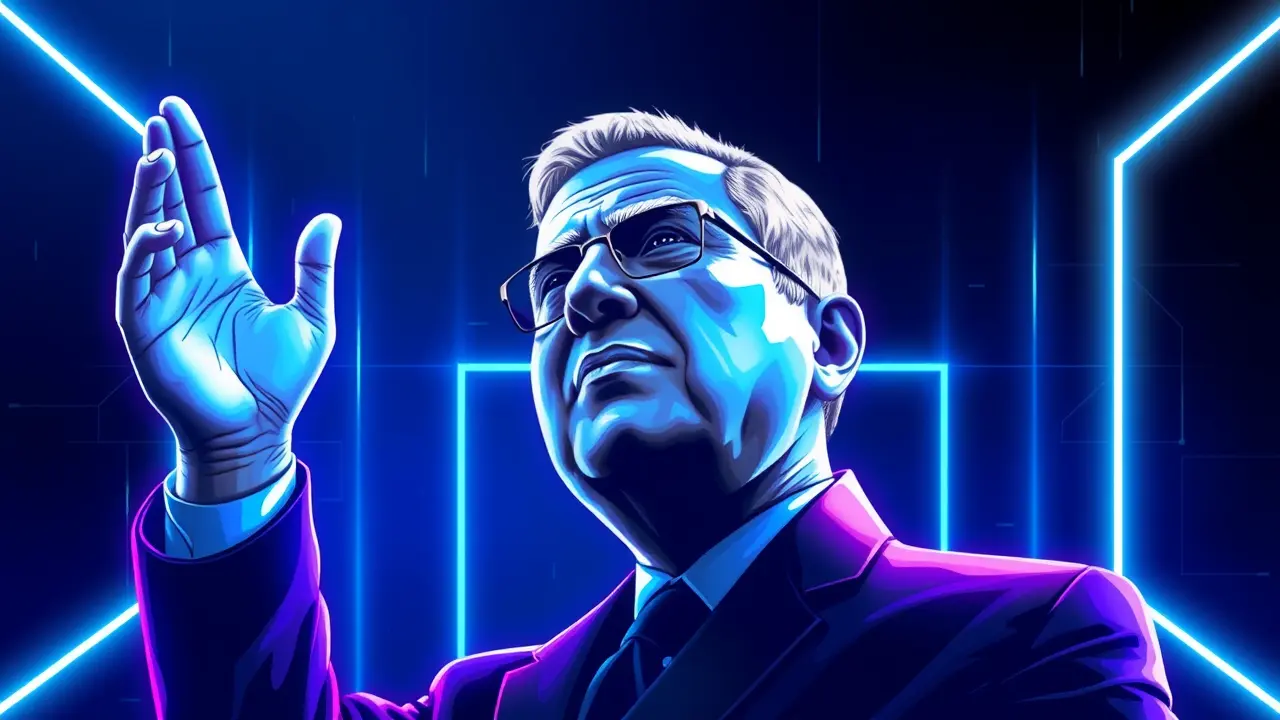Colombian court overturns ex-president Uribe's conviction.
In a seismic ruling that has sent shockwaves through the political landscape of Colombia, the nation's judicial system has dramatically overturned the criminal conviction of former President Álvaro Uribe, a towering and polarizing figure whose legacy has long been synonymous with the nation's protracted internal conflict. This decision effectively nullifies what had been a historic and unprecedented moment: Uribe, a former president who governed from 2002 to 2010 with an iron-fisted security policy, had become the first head of state in the republic's history to be criminally convicted, a verdict that had sentenced him to twelve years of house arrest for charges including witness tampering and procedural fraud, allegations that stemmed from his relentless attempts to discredit political opponents who linked him to paramilitary groups.The courtroom drama, which has unfolded over years, is not merely a legal technicality but a profound reflection of Colombia's fragile democratic institutions, echoing the kind of political turmoil that has beset other nations where the line between justice and political persecution is perilously thin. One cannot help but draw parallels to historical precedents, such as the trials of former French President Jacques Chirac or the ongoing legal battles of Israel's Benjamin Netanyahu, where the judicial process becomes a theater for broader political wars, a test of a nation's commitment to the rule of law versus the cult of personality.For Uribe's fervent supporters, who see him as the savior who restored order through his democratic security policy, this overturning is a triumphant vindication, a long-awaited correction of a politically motivated witch-hunt designed to tarnish the legacy of the man who challenged the FARC guerrillas. For his detractors, however, it is a catastrophic failure of accountability, a signal that the powerful remain untouchable, and a chilling reminder of the paramilitary parapolitics scandals that haunted his administration and continue to cast a long shadow over the nation's attempt to reconcile with its violent past.The immediate consequence is the immediate restoration of Uribe's political influence; no longer confined, he can now re-enter the public sphere with renewed vigor, potentially reshaping the delicate balance of power within the right-wing Democratic Center party and altering the trajectory of President Gustavo Petro's ambitious reform agenda. Analysts are now watching with bated breath, pondering whether this judicial reprieve will fortify the uribismo movement or, conversely, galvanize a public already weary of corruption and institutional impunity into greater dissent.The ruling also raises profound questions about the independence of Colombia's judiciary, inviting scrutiny over whether external pressures or internal factionalism played a role in this stunning reversal. As the dust settles, the saga of Álvaro Uribe continues to be the central narrative of modern Colombia—a story of power, justice, and the unresolved ghosts of a nation's history, a drama worthy of a Churchillian observation on the fraught relationship between great men and the laws they are sworn to uphold.
CO
CoffeeAddict231 hour ago
wait what does this even mean for the peace process now smh feels like we're just going in circles
0
CO
CoffeeAddict232 hours ago
smh not surprised tbh feels like this always happens with the powerful
0
CI
CinephileChris5 hours ago
this feels like a season finale twist that nobody asked for tbh, smh at the whole thing
0
© 2025 Outpoll Service LTD. All rights reserved.
